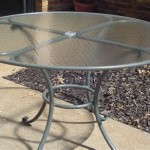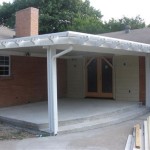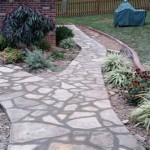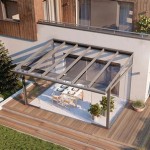The Essential Elements of a DIY Screened-In Patio
Enjoy the outdoors without the pesky bugs and harsh weather by creating a screened-in patio. With a bit of planning and effort, you can transform an existing outdoor space or build a new one from scratch that meets your specific needs and preferences. Here are some essential aspects to consider for a successful DIY screened-in patio project:
1. Design and Planning
Design is a crucial step that sets the foundation for your screened-in patio. Start by measuring and outlining the desired dimensions of the patio. Consider the placement of windows, doors, screens, and other elements that affect the flow and functionality of the space.
2. Materials
Selecting the right materials is essential for a durable and aesthetically pleasing patio. Pressure-treated lumber is a popular choice for framing, while outdoor-grade fabric or vinyl screening provides protection from insects and debris. Choose materials that complement the existing architecture of your home and withstand the local climate.
3. Framing
The framing provides the structural support for your screened-in patio. Use heavy-duty beams and posts to ensure stability and support the weight of the screening and roof system. Secure the framing properly to ensure its longevity.
4. Screening and Enclosure
Once the framing is in place, it's time to install the screening material. High-quality mesh prevents bugs from entering while allowing for airflow and ventilation. Choose a screening that suits your specific needs, such as no-see-um mesh for maximum insect protection or solar screens for UV resistance.
5. Roof System
The roof system provides protection from the elements and complements the overall design of the patio. It can be a simple shed roof, a more complex gable roof, or a combination of both. Consider using weather-resistant materials such as metal roofing or durable shingles to provide adequate shelter.
6. Flooring
The flooring of your screened-in patio should be both durable and comfortable. Options include concrete, pavers, composite decking, or outdoor tiles. Choose a material that complements the overall design and provides a level and stable surface.
7. Furniture and Decor
Personalize your screened-in patio by adding comfortable furniture and decorative elements. Choose outdoor furniture that is weather-resistant and complements the space. Incorporate plants, lighting, and accessories to create a welcoming and inviting atmosphere.
8. Maintenance and Upkeep
Regular maintenance is essential to extend the lifespan of your screened-in patio. Keep the screens clean to prevent debris buildup, and inspect the structure periodically for any signs of damage or wear and tear. Re-staining or repainting the exterior components every few years will help preserve their appearance and protect them from the elements.

Do It Yourself Diy Screened In Porch The Original Screen Tight System

Create A Three Season Room With Diy Screened In Porch

How To Build A Screened In Porch On Concrete Extreme

Create A Three Season Room With Diy Screened In Porch

Diy Screened Porch Newlywoodwards

Diy Screened In Porch Makeover Blessed Beyond Crazy

Screened Porch Made From Inexpensive Screen Doors Genius In Diy Decorating Design

Do It Yourself Diy Screened In Porch The Original Screen Tight System

Diy Screened In Porch Makeover Blessed Beyond Crazy

Screened In Porch Plans To Build Or Modify








